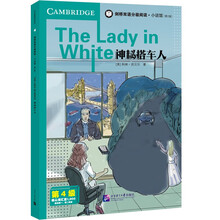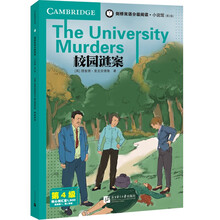And they fall short more than the members of Establishments.The great works by which, not only in literature, art, and sciencegenerally, but in religion itself, the human spirit has manifested itsapproaches to totality, and a full, harmonious perfection, and bywhich it stimulates and helps forward the world's general perfection,come, not from Nonconformists, but from men who either belongto Establishments or have been trained in them. A Nonconformistminister, the Rev. Edward White, who has lately written a temperateand well.reasoned pamphlet against Church Establishments, saysthat "the unendowed and unestablished communities of Englandexert full as much moral and ennobling influence upon theconduct of statesmen as that Church which is both establishedand endowed." That depends upon what one means by moral andennobling influence. The believer in machinery may think that toget a Government to abolish Church.rates or to legalise marriagewith a deceased wife's sister is to exert a moral and ennoblinginfluence upon Government. But a lover of perfection, who looksto inward ripeness for the true springs of conduct, will surely thinkthat as Shakespeare has done more for the inward ripeness of ourstatesmen than Dr. Watts, and has, therefore, done more to moraliseand ennoble them, so an Establishment which has producedHooker, Barrow, Butler, has done more to moralise and ennobleEnglish statesmen and their conduct than communities which haveproduced the hlonconformist divines, The fruitful men of EnglishPuritanism and Nonconformity are men who were trained within thepale of the Establishment,-Milton, Baxter, Wesley. A generationor two outside the Establishment, and Puritanism produces men ofnational mark no more. With the same doctrine and discipline, menof national mark are produced in Scotland; but in an Establishment.With the same doctrine and discipline, men of national and evenEuropean mark are produced in Germany, Switzerland, France; butin Establishments. Only two religious disciplines seem exempted, orcomparatively exempted, from the operarion of the law which seemsto forbid the rearing, outside of national establishments, of men ofthe highest spiritual significance. These two are the Roman Catholicand the Jewish. And these, borh of them, rest on Establishments,which, though noc indeed narional, are cosmopolitan; and perhapshere, what the inclividual man does nor lose by these conditions ofhis rearing, the citizen, and the Stace of which he is a cirizen, loses.
What, now, can be the reason of this undeniable provincialismof the English Puritans and Protestant Nonconformists, aprovincialism which has two main types,-a bitter type and a smugtype, - but which in both its types is vulgarising, and thwarts thefull perfection of our humanity? Men of genius and character areborn and reared in this medium as in any other. From the faultsof the mass such men will always be comparatively free, and theywill always excite our interest; yet in this medium they seem t。have a special difficulty in breaking through what bounds them,and in developing their totality. Surely the reason is, that the Nonconformist is not in contact with the main current of nationallife, like the member of an Establishment. In a matter of such deepand vital concern as religion, this separation from the main currentof the national life has peculiar importance. In the following essaywe have discussed at length the tendency in us to Hebraise, as wecall it; that is, to sacrifice all other sides of our being to the religiousside. This tendency has its cause in the divine beauty and grandeurof religion, and bears affecting testimony to them; but we have seenthat it has dangers for us, we have seen that it leads to a narrowand twisted growth of our religious side itself, and to a failure inperfection.
……
展开











——马修·阿诺德
“文化为人类担负着重要的职责,在现代世界中,这种职责有其特殊的重要性,与希腊罗马文明相比,整个现代文明在很大程序上是机器文明,是外部文明,而且这种趋势还在愈演愈烈。”
——马修·阿诺德